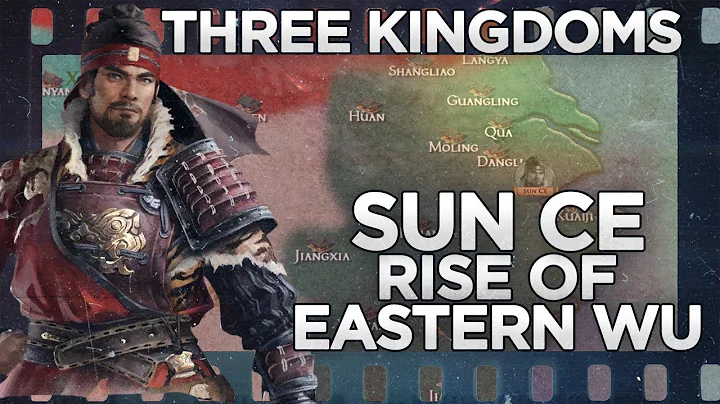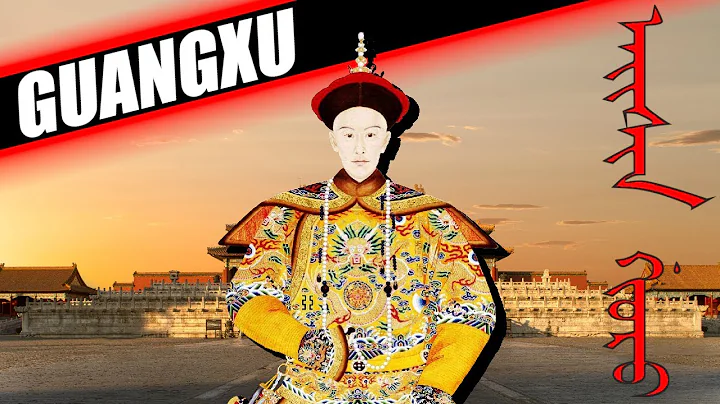
Ziwu Valley Qimou has been talked about by the world. Not only Wei Yan proposed it, Cao Wei period Cao Zhen also tried it, but in the end it failed due to heavy rain. The UK actually had a similar plan, but it was still rejected. It seems that this kind of plan is difficult to be appreciated both at home and abroad.
This strange conspiracy occurred when the British Civil War broke out. King Charles I first fled from London to the north, held high the military flag and called on the nobles to be loyal to the king, and then tried to march to London to force the Parliament to surrender. The parliament hoped to persuade the king to give up military power and return to London. However, in addition to sending lobbyists, they also sent troops loyal to the parliament to the north to solve the king's problem by force.
The two sides fought several times, with each winning and losing. In an important battle at Bianshan, the king gained the advantage, but due to the lack of discipline of the king's cavalry, he lost the victory that he should have won.
After the war, the king's cavalry general and nephew, Prince Rupert , came up with a strange idea at the meeting. He volunteered to lead the cavalry and dragoons to gallop quickly, bypassing the main force of the Congressional troops and heading straight for London. He believed that as long as he could capture the capital in one fell swoop and capture most of the leaders of the parliamentary faction, the king would surely win the final victory! However, this proposal was rejected, and Prince Rupert was disappointed. Wei Yan must be very familiar with this feeling...
Some foreign scholars early believed that this was a major mistake by the king's camp and that the opportunity to win was lost. However, some modern scholars believe that regardless of whether this proposal exists (just like the Ziwu Valley Adventure, there are only unreliable second-hand records on this matter). This plan is obviously not feasible militarily and should indeed be rejected.

Internet pictures, for illustration only
Scholars believe that what if the cavalry troops, the main force of the King's army, break away from the defense line and are informed by the Parliamentary Army that they launch an attack? Because the infantry of the King's Army suffered heavy losses in the just-concluded Battle of Bianshan, and the Parliamentary Army received reinforcements, it is likely that they would not be able to hold on if the Parliamentary Army attacked.
Even if the King's Army retreated to Oxford to block the attack of the Parliamentary Army, the King's Army cavalry could suddenly appear in London, but they still could not capture the walled London. Although the city walls of London were outdated and dilapidated, the cavalry and dragoons without artillery still had nothing to do with the city walls. Even if Prince Rupert succeeded in finding a weak point in the walls of London and tried to break into the city, the powerful militia forces in London could still rely on the buildings to repel small-scale invaders.
The most important thing is that the king came up with this strategy four days after the Battle of Edge Hill. The people of London had recovered and would not give up easily because of panic. Troops had been mobilized to defend the city. The few king's faction in the city could not cooperate with the cavalry outside the city to open the city gate for the cavalry without advance preparation.

Internet pictures, for illustration only
As for the follow-up of this war, after Prince Rupert's light cavalry sneak attack plan was rejected, the king finally adopted a relatively safe frontal attack route. The parliamentary faction assembled far more troops than the king's army and fought with the king's army on the outskirts of London. Both sides considered tactics such as dividing their troops to outflank them, but gave up because they were afraid of the risks caused by dividing their troops. Although the parliamentary faction has more troops, they are afraid of losing London and losing everything, so they have been cautiously defending and refusing to attack, just like Sima Yi facing Zhuge Liang.
As a result, the king, who was deep in enemy territory and lacked supplies, had no choice but to withdraw his troops. The British Civil War continued for several years. The king's army never gained an advantage again, and the parliamentary army with stronger overall strength won the final victory. The king's fate was to be executed by the parliament. I don't know that he did not regret his previous choices before and after his execution, just like Zhuge Liang who fell into the Wuzhangyuan.




















![The Last Emperor [1987] Official Trailer - DayDayNews](https://i.ytimg.com/vi/A4cH6g1wD5g/hq720.jpg?sqp=-oaymwEcCNAFEJQDSFXyq4qpAw4IARUAAIhCGAFwAcABBg==&rs=AOn4CLD5fFMh1czcQzYGA6cwLGSXfBtVog)
